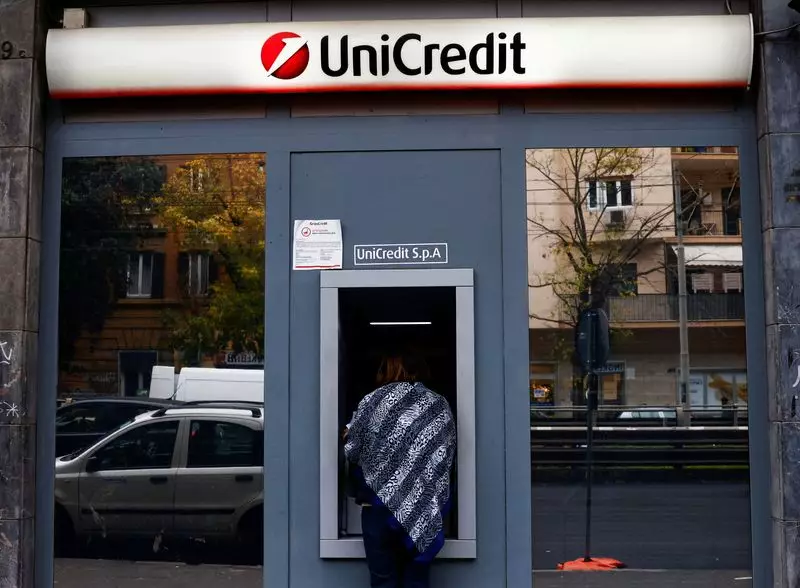On November 25, UniCredit unveiled a significant milestone in Italy’s banking sector by announcing a binding buyout offer for rival Banco BPM, with a total valuation of 10 billion euros ($10.5 billion). This move, filed with Italy’s market regulator, reflects CEO Andrea Orcel’s strategy to enhance UniCredit’s market positioning through acquisitions while navigating the complexities of the financial landscape. Orcel asserts that the offer price is not only fair but also strategically sound, contending that any resultant deal must provide substantial value to shareholders. This analysis delves into the implications and underlying motivations of this transaction, exploring the broader context within which it operates.
Despite UniCredit’s assertion regarding the adequacy of its offer, market reactions suggest that Banco BPM investors are skeptical. On the day the bid was announced, BPM shares closed at 7.846 euros, significantly exceeding the proposed price of 6.657 euros. This discrepancy indicates that investors may be anticipating a revised offer that more closely reflects BPM’s market value, or they may simply have confidence in the underlying strength of Banco BPM. Orcel emphasizes that shareholder value is paramount and has committed to achieving returns of at least 15% from any acquisition, making the move both a gamble and a calculated risk aimed at securing a long-term competitive advantage.
UniCredit’s decision to seek regulatory approval for its buyout offer introduces a layer of complexity to the transaction. The Italian banking sector is undergoing a wave of consolidation, prompting Orcel to accelerate his interest in BPM, which has historically been a target for acquisition but was often deemed too costly due to the high premiums associated with its share price. The pressure for consolidation amidst rising competition stands as a significant influencing factor, compelling Orcel to act more decisively than before. Furthermore, the regulatory environment may impose challenges, necessitating the evaluation of antitrust considerations as well as the potential effects on market competition.
In announcing this buyout bid, Orcel has underscored his disciplined approach to mergers and acquisitions, stating that any prospective transaction must align strategically with UniCredit’s overarching financial goals. The initial terms of the offer include an exchange of 175 new UniCredit shares for every 1,000 Banco BPM shares, which Orcel believes is reasonable given BPM’s performance, particularly in light of a recent significant move by BPM to acquire fund manager Anima Holding. This strategic positioning reflects broader trends in the banking industry, where synergy and cooperation can be critical drivers of success.
A pivotal component in the unfolding narrative is the proactive engagement of key stakeholders, particularly Credit Agricole, the largest shareholder in Banco BPM. UniCredit has strategically invited Credit Agricole to discussions surrounding potential commercial partnerships. Credit Agricole’s interest in increasing its stake in BPM indicates its recognized value as a player in this unfolding drama. By leveraging relationships with influential stakeholders, Orcel may aim to fortify UniCredit’s negotiating position and ensure a successful merger that capitalizes on the strengths of both entities.
As the dust settles on the announcement, the future of UniCredit and Banco BPM remains uncertain yet full of potential. The emphasis on maintaining shareholder value, navigating regulatory challenges, and engaging stakeholders encapsulates the intricate dynamics of modern bank mergers. Orcel’s strategic foresight and commitment to disciplined financial practices will ultimately influence not only the success of this particular acquisition but also the trajectory of UniCredit as it seeks to solidify its position in an increasingly competitive banking environment. As investors and stakeholders monitor developments, the unfolding of this pivotal moment in Italian banking will likely serve as a bellwether for future merger and acquisition activity both within the region and beyond.

